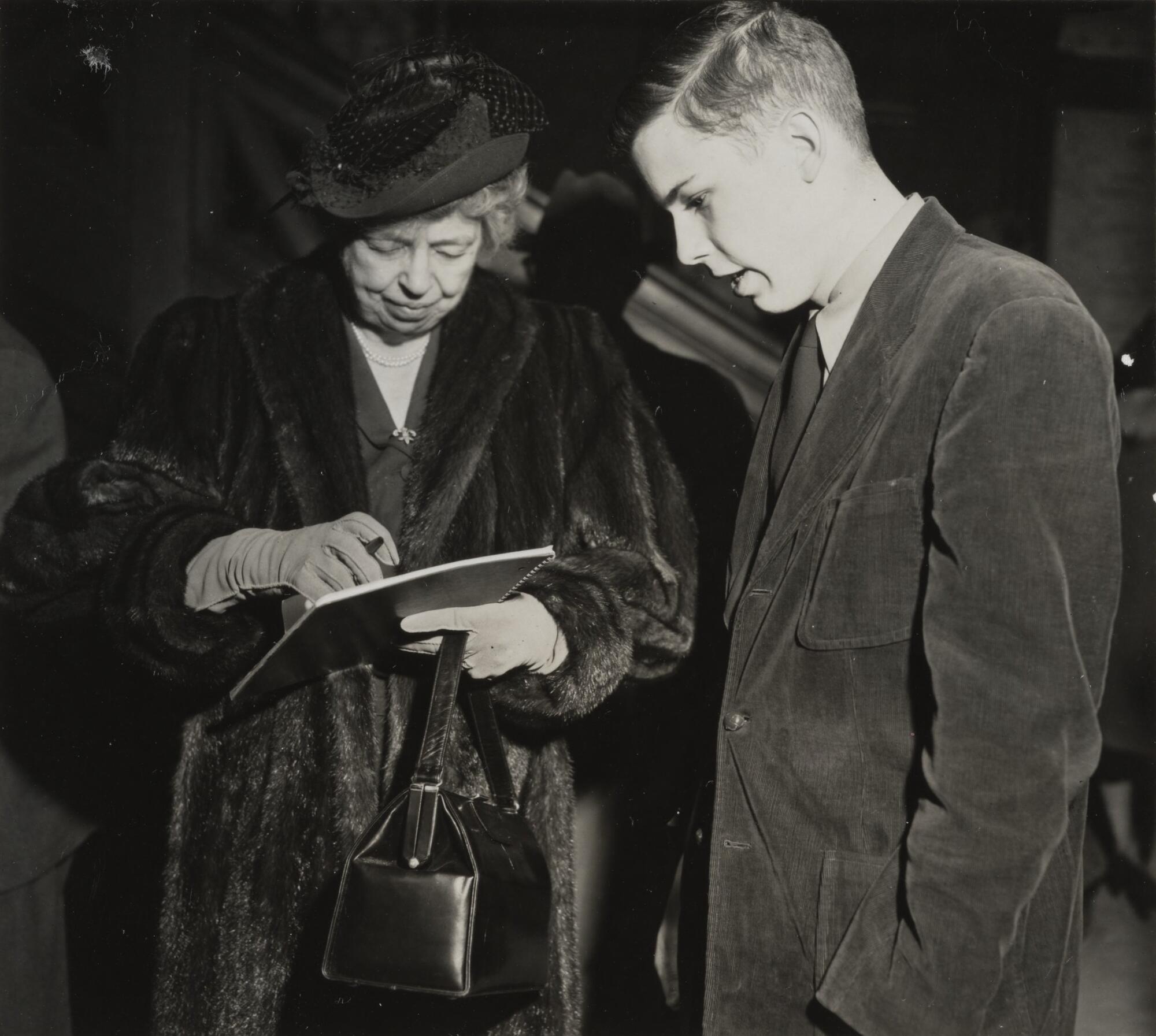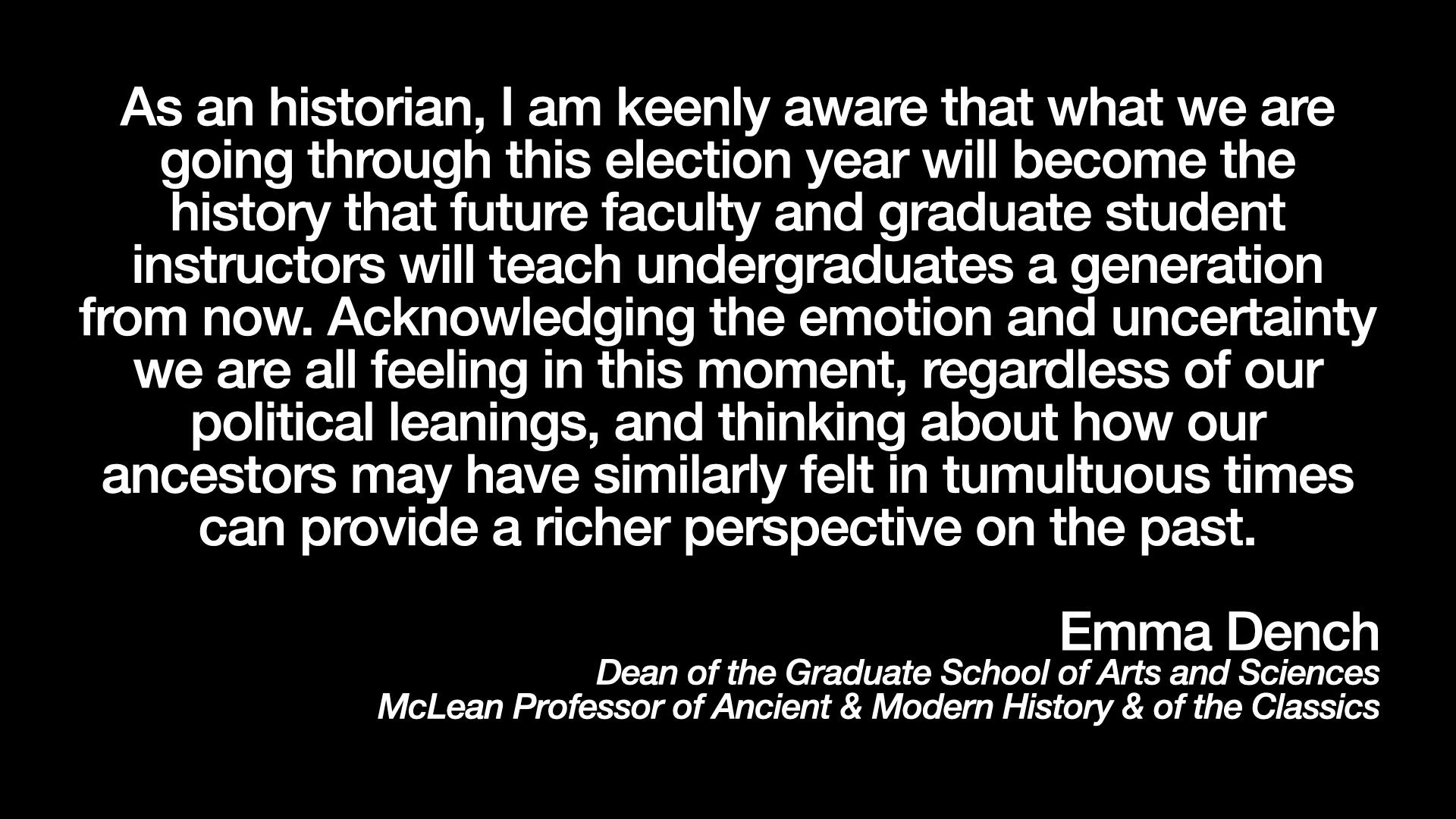Once you have a better sense of how you may want to adapt your course, and of the experiences and preferences of your students, you can make a plan for the final month of the term. There is, we should emphasize, no such thing as the “perfect” plan; what matters is that you have the opportunity to make choices that feel intentional to you and to your students.
Will you make space in your synchronous class sessions to address current events directly?
It's normal to feel some anxiety about whether you're prepared for potentially difficult conversations about the election (and attendant issues like the stresses and structural inequalities of the pandemic, or racial injustice). Yet if you and your students have created some shared norms and practices that allow you to work through moments of stress and difficulty, they can be some of the most rewarding moments for all involved. Our resources on inclusive teaching include guidance on how to navigate difficult moments in the classroom. Remember as well that participation might take many forms—are there ways that students who are more comfortable speaking and listening through alternative modalities can enter the conversation?
Will you modify your assignments to incorporate current events?
In many courses and many disciplines, one of the most valuable things we can do is offer students scholarly frameworks through which to interrogate and interpret their lived experience. Creating opportunities for students to step back, reflect upon, and analyze the news (and/or their own reactions to it) is, in some sense, part of our job as instructors. At the same time, we suggest that you incorporate flexibility and student choice into any such assignments, as students may be uncomfortable or otherwise unable to share much detail about their politics or their local communities. As one faculty member noted, it is important that students retain the right to privacy with regard to their own beliefs even as we may invite them to adopt various points of view for the sake of understanding them more fully.
How might you provide flexibility for students immediately following the election?
If you wish to provide students with flexibility regarding course work during the week of election, we suggest that you read the guidance from the Office of Undergraduate Education.
We’ve reached out to some of the many faculty whose courses touch on the topics directly relevant to our public discourse this November to hear how they are approaching these questions.

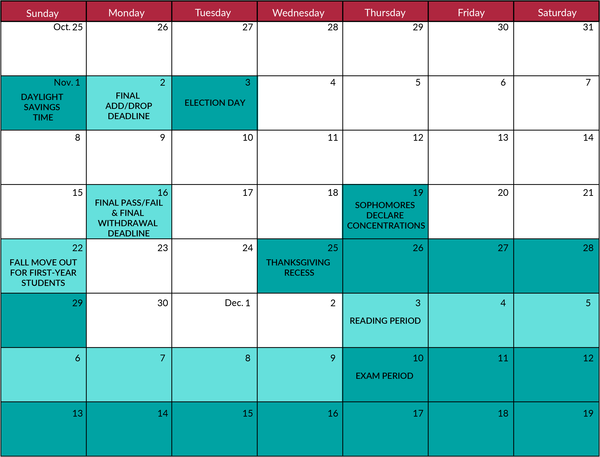 While the US elections and the pandemic obviously loom large in our minds, they are not the only events that may affect students’ ability to manage their coursework during the final month of classes. We suggest that you familiarize yourself with the November calendar more generally before you contemplate how you might adjust aspects of your course in response to the stresses that students may experience surrounding the election in particular.
While the US elections and the pandemic obviously loom large in our minds, they are not the only events that may affect students’ ability to manage their coursework during the final month of classes. We suggest that you familiarize yourself with the November calendar more generally before you contemplate how you might adjust aspects of your course in response to the stresses that students may experience surrounding the election in particular.
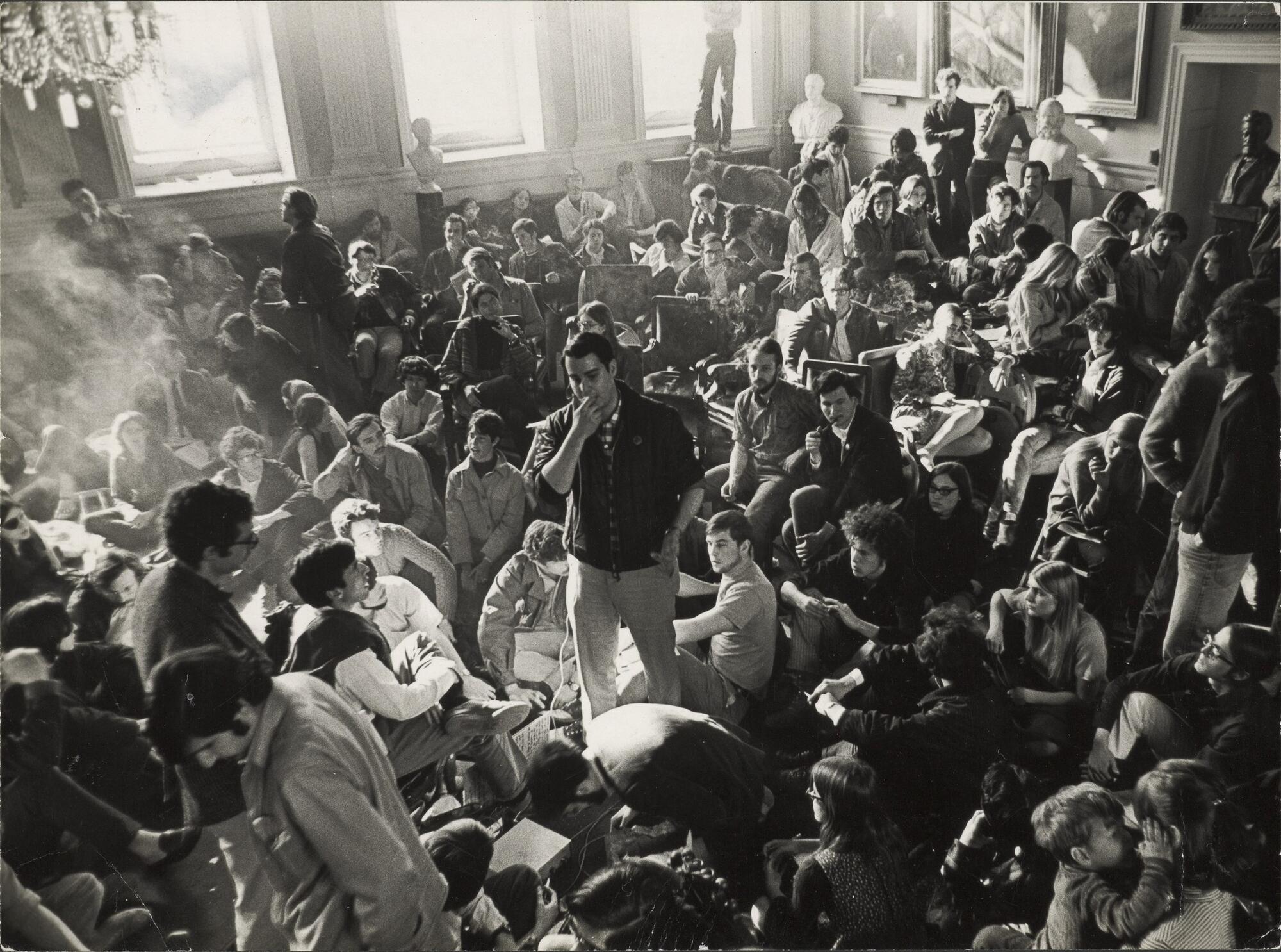 Given the number of important events happening in November, how can you and your teaching team respond? Start by asking these questions:
Given the number of important events happening in November, how can you and your teaching team respond? Start by asking these questions:
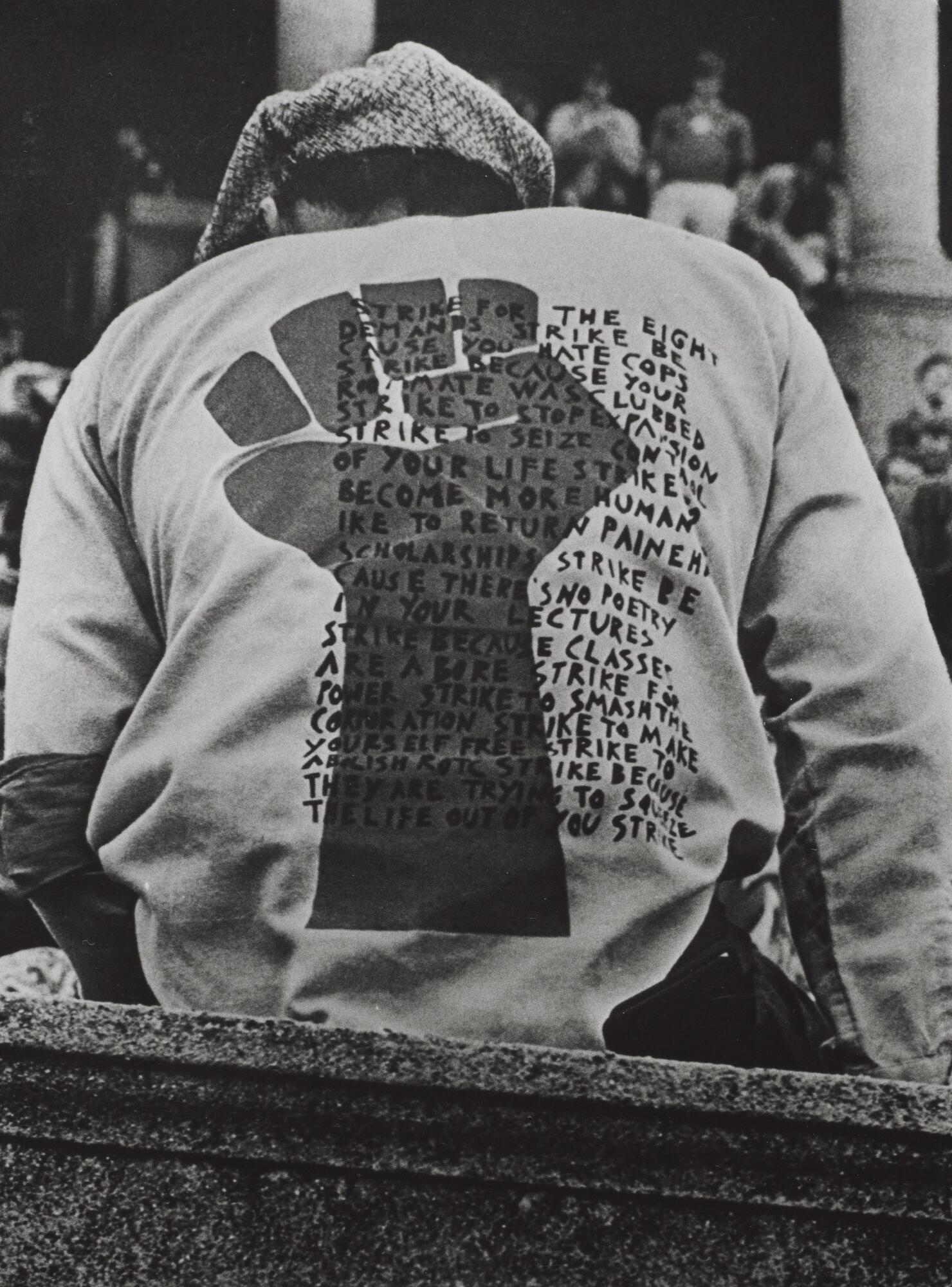 It is likely that many students will want or need a space to process the experience of the election (as well as the other milestones happening in November). Yet it is also likely that students will have different preferences about how or where that happens. In some courses, it may make sense for the instructor and the students to lean into current events, and incorporate discussions of the election into class activities. Some students may want space in class to process and discuss current events. Other students, however, may find their academic work to be a welcome break from the stress of the current news cycle. Rather than make assumptions about the best response, we encourage you to check in with your students about their experience and their preferences for the last month of the term.
It is likely that many students will want or need a space to process the experience of the election (as well as the other milestones happening in November). Yet it is also likely that students will have different preferences about how or where that happens. In some courses, it may make sense for the instructor and the students to lean into current events, and incorporate discussions of the election into class activities. Some students may want space in class to process and discuss current events. Other students, however, may find their academic work to be a welcome break from the stress of the current news cycle. Rather than make assumptions about the best response, we encourage you to check in with your students about their experience and their preferences for the last month of the term.
